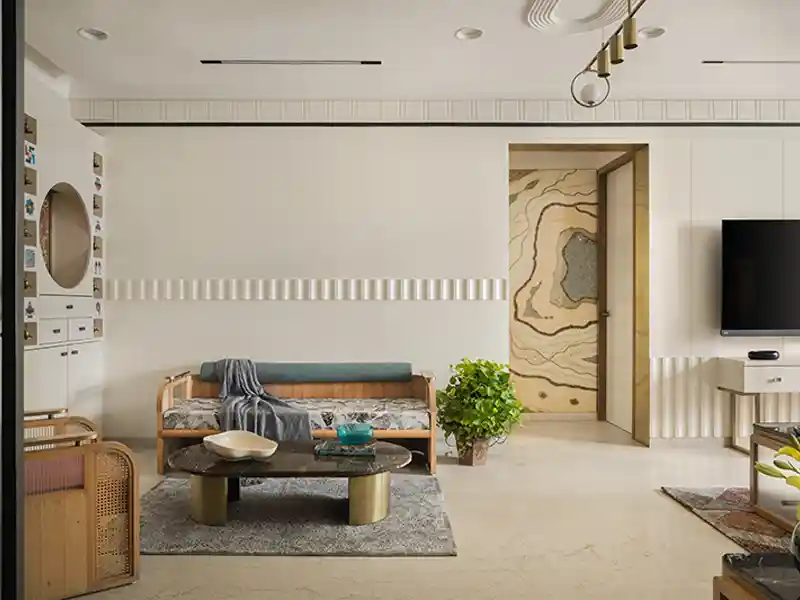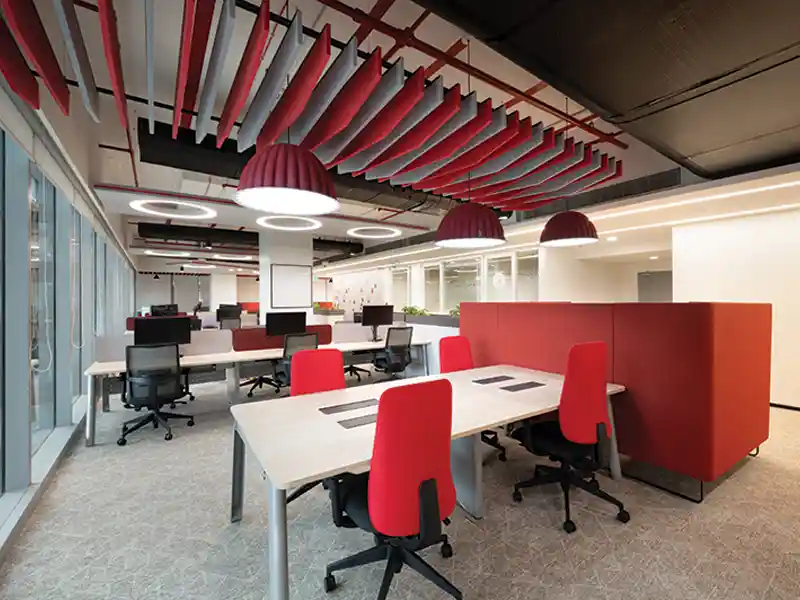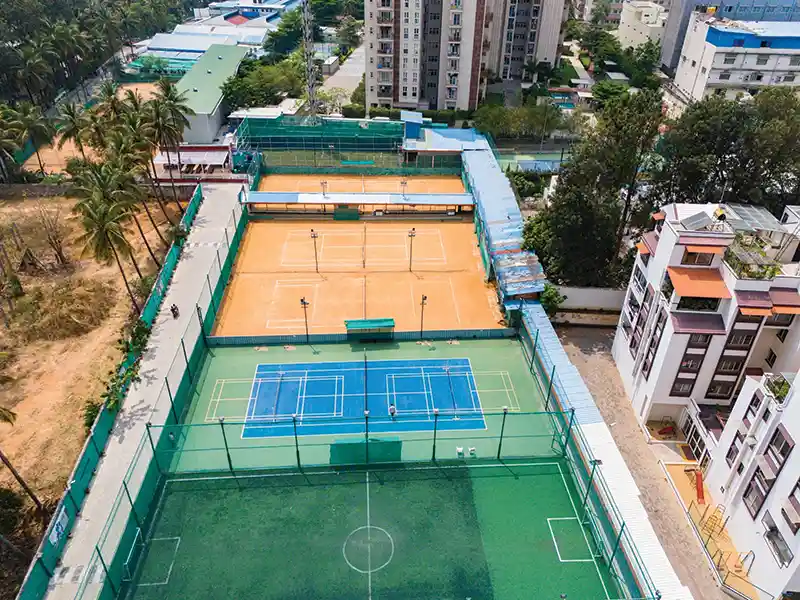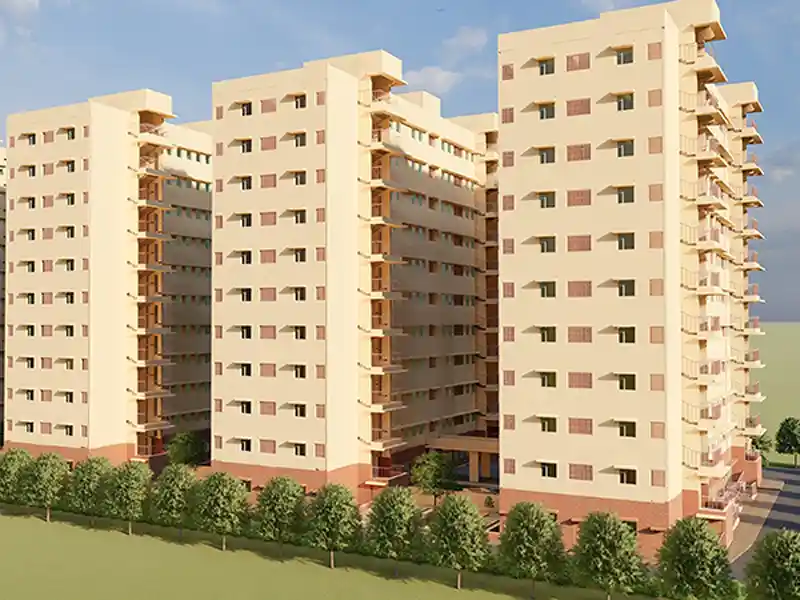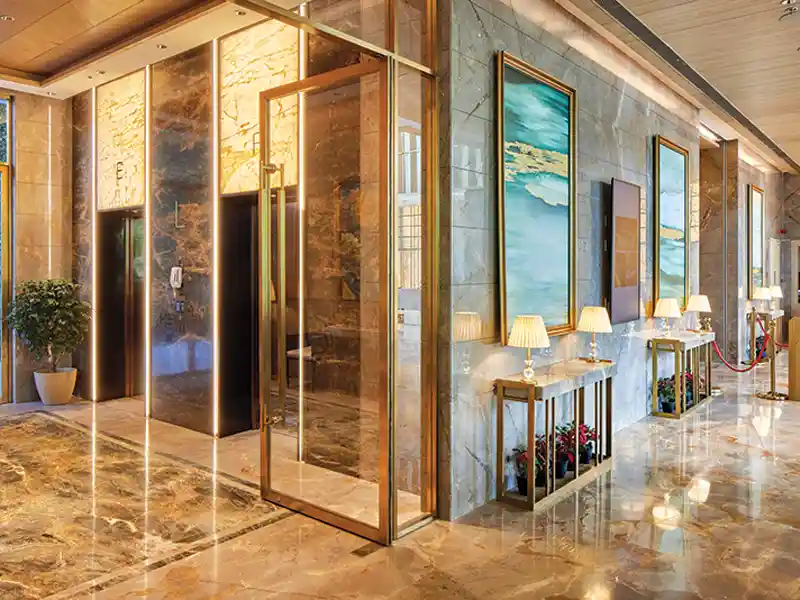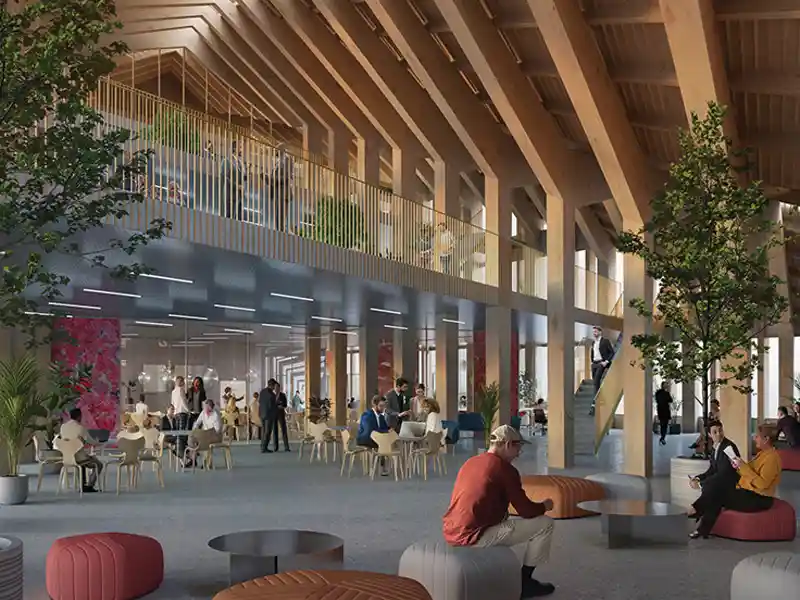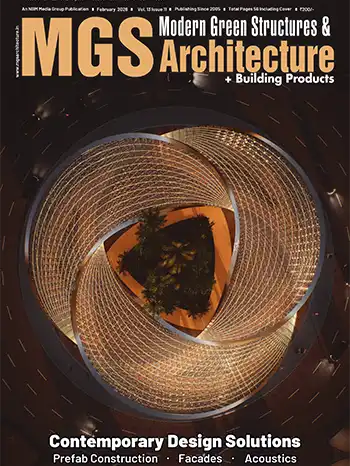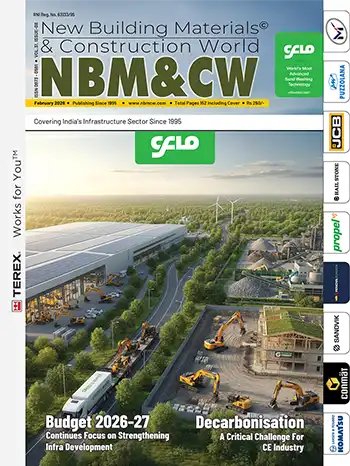
Energy consumption in our buildings is expected to increase substantially due to economic growth, construction growth and human development. The demand for energy to run appliances will increase substantially as living standards rise in India. Also, the growth in commercial sector and the shift from rural to urban living will continue to take place; and will result in a substantial increase in resultant emissions from the buildings sector alone. So we need concerted efforts to bring down the energy consumption through various measures.
Government of India has formulated legislations, regulations, and policy instruments to address matters concerning cooperation for Sustainable Development at sub-regional, regional, and International levels. They are framed to fulfil obligation under the agreements signed under the International Conferences. The key points are baseline energy-performance and associated greenhouse gas emissions; zero net emissions in existing and new buildings; cost analysis; projections for 2020 and 2030; assumptions and constraints; state of play of ‘Sustainable Buildings’ in India; policy environment; energy labelling of appliances; city level regulations; and rating systems.
Policymakers should aim to establish environmental priorities and goals that are consistent with the real tradeoffs that all regulatory activities inevitably require
The LEED Green Building Rating System™, developed and managed by the USGBC, is the most widely used rating system in North America. Buildings are given ratings of platinum, gold, silver, or “certified”, based on green building attributes, including those for new commercial construction and major renovation projects, existing building operation and maintenance, commercial interiors, homes, schools, neighbourhoods and retail.
 Hotel Marina, Shimla
Hotel Marina, ShimlaIGBC, founded by the collaboration between CII and the private manufacturer Godrej, has taken steps to promote the green building concept in India. Currently, IGBC is facilitating the LEED rating of the U.S. Green Building Council in India. LEED-India was launched in 2001 and rates buildings on environmental performance and energy efficiency during the design, construction, and operation stages.
With this background, an attempt will be taken to identify the definition of sustainable buildings for India based on the current scenario in the country. Efforts will also be made to address issues such as extent of life-cycle consideration while building sustainable buildings in the country, policy initiatives which have encouraged taking such initiatives, if any, implementation barriers, market scenario, etc.
Sample buildings from both residential and commercial sectors which are popular as green buildings and have been built employing principles of sustainability and representative from all climatic zones will be selected for understanding and analyzing aspects such as key principles and indicators for defining sustainable building performance in the Indian context; extent of life-cycle considerations; driving force and the context for taking up such projects.

